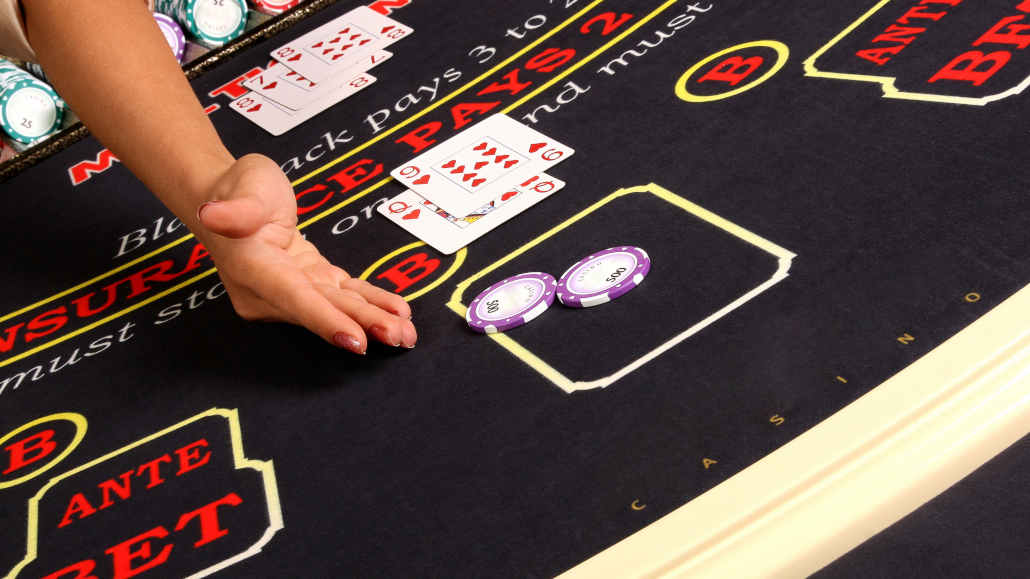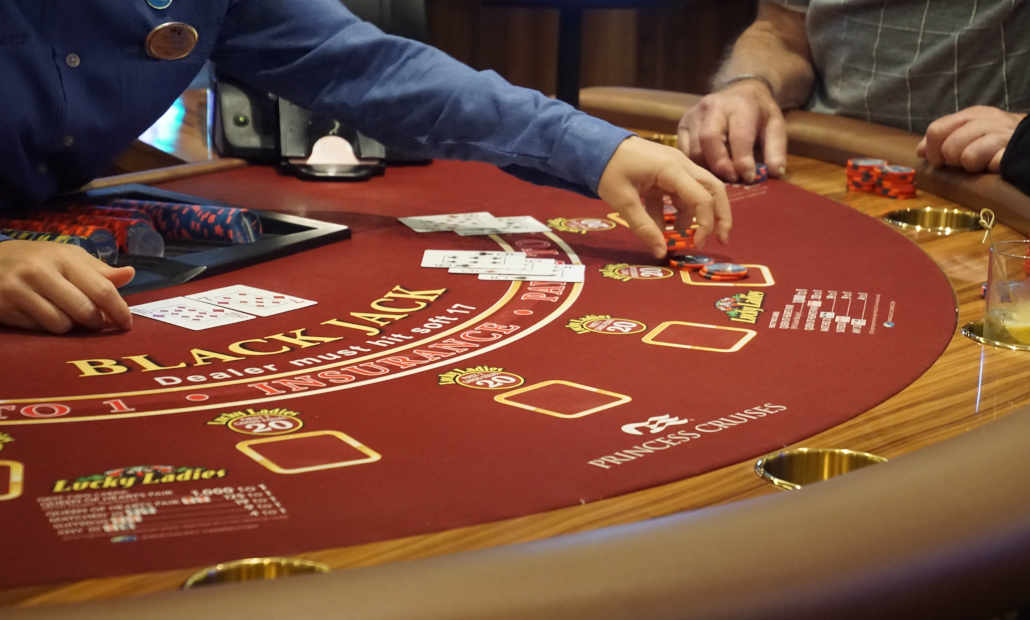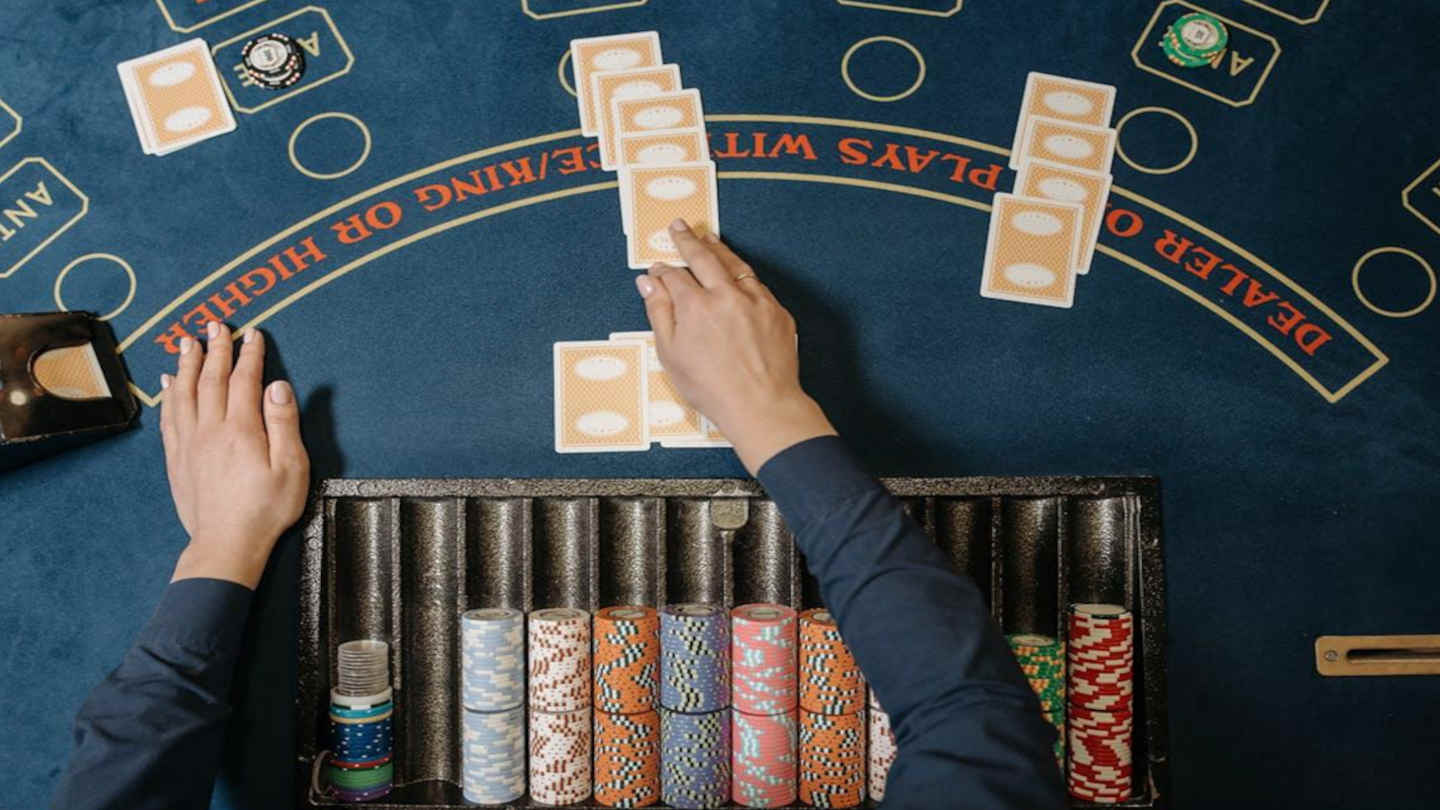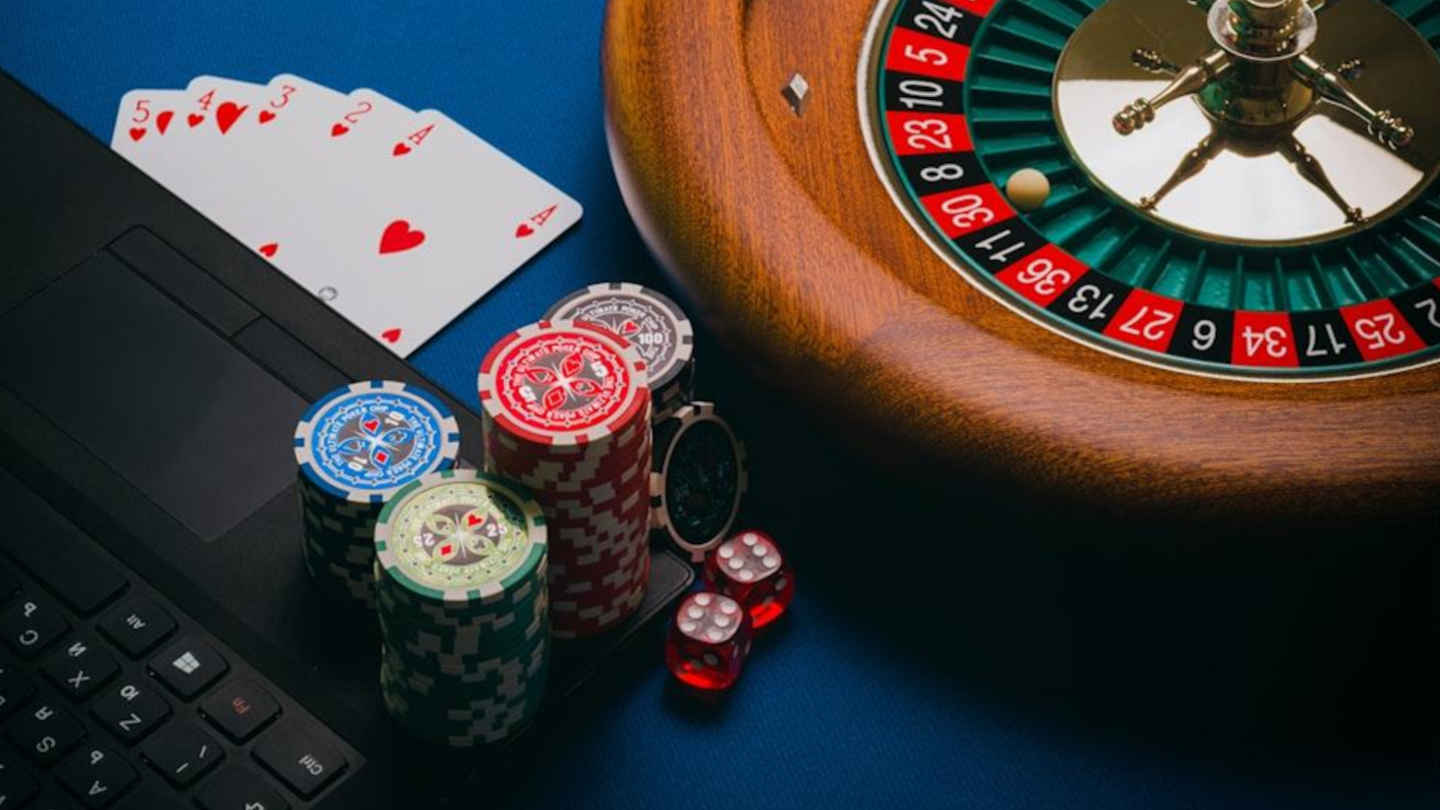5 Bankroll Tips for Blackjack to Live By

3 minutes
Last Updated: August 14, 2022
Apart from understanding every element of the game itself, effective bankroll management is one of the most important factors that contribute to your long-term success in blackjack.
Without a good bankroll strategy, you’ll likely lose more than you win.
To help you maximize your winnings and keep your losses under control, we’ve outlined the top five bankroll tips for blackjack.
1. Keep Your Bankroll Separate for Other Funds
As we move from simple to more complex bankroll management tips, let’s start with one fundamental advice many blackjack players, unfortunately, fail to follow.
This is that you should keep your blackjack funds far away from the rest of your finances.
Naturally, the main reason is to protect yourself from accidentally dipping into your everyday funds and spending more than you can afford.
If you play online, you should follow the best online casino ratings to find sites that actually provide useful tools designed to achieve this with ease.
Skilled blackjack players always advocate the importance of treating your blackjack sessions like a business.
With such a mindset, you’ll consider your blackjack bankroll as assets you use to develop your business.
This will help you make sure you treat your bankroll responsibly and focus on developing steady profits instead of chasing big wins.
2. Be Consistent
Consistency is the name of the game for blackjack players that want to see any noticeable success over a longer period.
To be more precise, once you develop a bankroll management strategy that suits your overall budget and gambling skills, it’s crucial to stay true to it no matter what.

The specific bankroll management strategy you’ll pick is a subjective choice, and only you can decide what system works best for you.
The rules should be realistic, and you need to be comfortable with them. This will help you ensure you stick to them, avoid emotional decisions, and always play within your bankroll.
3. Divide Your Bankroll into Units
Let’s say that you have a monthly blackjack bankroll of $1000, and you play $5 blackjack tables. In this case, you have a substantial monthly bankroll not many recreational blackjack players can boast with.
More importantly, when you recalculate these funds into units, you have 200 betting units.
In other words, you can play and lose 200 times before you deplete your bankroll. This is more than enough safety padding to allow you to play comfortably.
With that in mind, the general rule of thumb is to have at least 100 or 150 units in your bankroll.
Moreover, it’s always smart to take only a fraction of your entire bankroll for each session. For example, if you have 200 units, don’t take more than 50 units to the casino.
That way, you’ll protect yourself from blowing through the better part of your bankroll in case you have a poor session.
4. Don’t Shy Away From Changing Unit Sizes
Keeping the previous tip in mind, calculating your bets through units makes bankroll management much easier.
That said, your unit sizes shouldn’t be set in stone, meaning that you shouldn’t stray away from changing the sizes depending on the circumstances.
For instance, if you’re on a string of good results, consider moving to blackjack tables with higher betting limits and adjusting your unit sizes and bankroll accordingly.
Conversely, if you’re going through a losing period, there’s nothing wrong with moving down in table limits.

Many blackjack players often avoid moving down in stakes, as this makes them feel like they’re regressing.
However, there’s no room for ego in such situations, especially if you want to preserve the remainder of your bankroll.
Most of the time, moving down stakes is a great way to recoup and prepare enough funds to get back to your usual betting limits again.
5. Keep Precise Track of How You Use Your Bankroll
Although this might not seem like a particularly advanced tip to implement, it’s certainly one of the most challenging ones, as it involves precise and dedicated bookkeeping.
Keeping detailed records of your sessions helps you gain insight into your tendencies and allows you to highlight specific aspects you can focus on.
For example, you can discern whether you play better on certain days or certain hours or if you tend to make any stand-out mistakes in specific situations.
You take the subjectivity out of the equation and have precise numbers you can go by!








